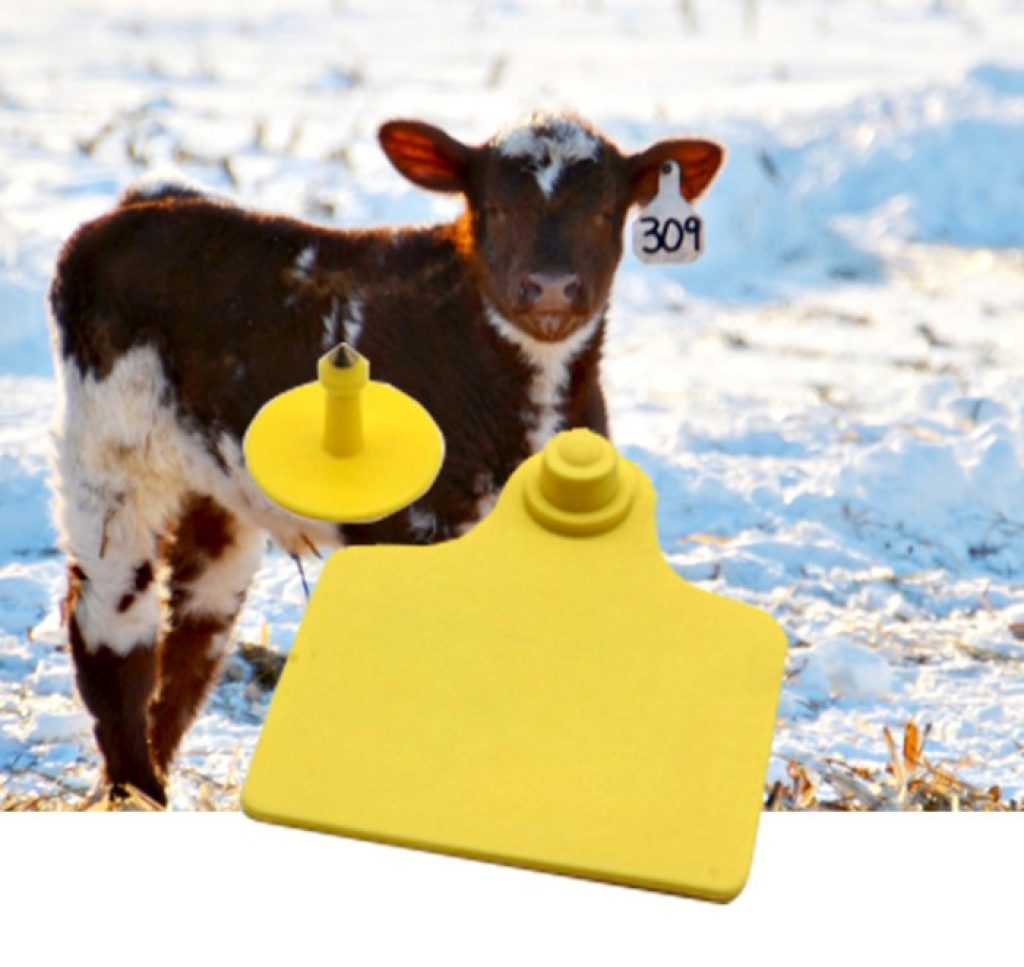The world of animal tagging and identification has seen a significant evolution over the years. Traditionally, animals were marked with physical tags for various purposes, including tracking, monitoring, and ownership verification. However, with the advancement of technology, RFID animal tags have become a game-changer in the industry. In this comprehensive article, we will explore the differences between RFID animal tags and traditional animal tags, and which one is the superior choice for today’s needs.
Understanding Traditional Animal Tags
Before delving into the realm of RFID animal tags, let’s first understand the traditional counterparts.
1. What Are Traditional Animal Tags?
- Traditional animal tags are physical markers that are attached to an animal’s body. These can include ear tags, neck collars, or branding, and are made from materials like metal or plastic.
2. How Do Traditional Tags Work?
- Traditional tags are manually attached to the animal and often require visual inspection or close proximity to identify the tag’s information. They rely on human intervention for recording and tracking.
The Emergence of RFID Animal Tags
RFID (Radio-Frequency Identification) technology has introduced a more sophisticated and efficient way to tag and track animals.

1. What is an RFID Animal Tag?
- RFID animal tags are electronic devices that use radio frequency to transmit data. They are typically attached to an animal’s body and contain a microchip with a unique identification code.
2. How Do RFID Tags Work?
- RFID tags work by emitting radio waves that are read by RFID readers. These readers can capture information from a distance, making it a non-intrusive method of identifying and tracking animals.
The Advantages of RFID Animal Tags
Now, let’s delve into the advantages of RFID animal tags over traditional tags.
1. Efficiency in Tracking
- RFID tags allow for remote and automated tracking of animals, eliminating the need for manual inspections. This leads to faster data collection and reduced labor costs.
2. Accuracy in Data Collection
- RFID technology ensures accurate and real-time data collection, reducing the risk of errors that can occur with traditional tags.
3. Ease of Monitoring
- RFID tags enable continuous monitoring of animals’ movements, health, and behavior, offering insights that are challenging to obtain with traditional tags.
4. Data Security
- RFID animal tag data can be securely stored and accessed in databases, providing a level of data security that traditional tags cannot match.
Traditional Animal Tags: When Are They Still Relevant?
While RFID animal tags offer numerous advantages, there are scenarios where traditional tags might still be relevant.
1. Low-Tech Environments
- In remote areas with limited access to technology, traditional tags may be more accessible and practical.
2. Minimal Budgets
- Traditional tags are often more cost-effective upfront, making them a choice for those with budget constraints.
Conclusion: The Future of Animal Tagging
In conclusion, the choice between RFID animal tags and traditional animal tags largely depends on the specific needs and circumstances. RFID technology offers a level of efficiency, accuracy, and data security that is unparalleled. However, traditional tags still have their place in situations where technology is limited, and budgets are tight.
As technology continues to advance, we can expect further improvements in RFID animal tags, making them an even more compelling choice for animal identification and tracking.
FAQs
1. Are RFID animal tags safe for animals?
- Yes, RFID animal tags are designed to be safe and cause no harm to animals. They are a humane method of tracking and monitoring.
2. How long do RFID animal tags last on animals?
- RFID animal tags are durable and typically last the lifetime of the animal.
3. Can RFID technology be used for other types of animals besides livestock?
- Yes, RFID technology can be applied to various types of animals, including pets and wildlife, for similar benefits in monitoring and tracking.
4. Do RFID animal tags have privacy concerns?
- RFID technology in animal tags prioritizes data privacy and security. Measures are in place to ensure the safe and confidential handling of information.
5. Are RFID animal tags more expensive than traditional tags?
- While RFID tags may have a higher initial cost, they often provide cost savings in the long run due to increased efficiency and reduced labor requirements.
















